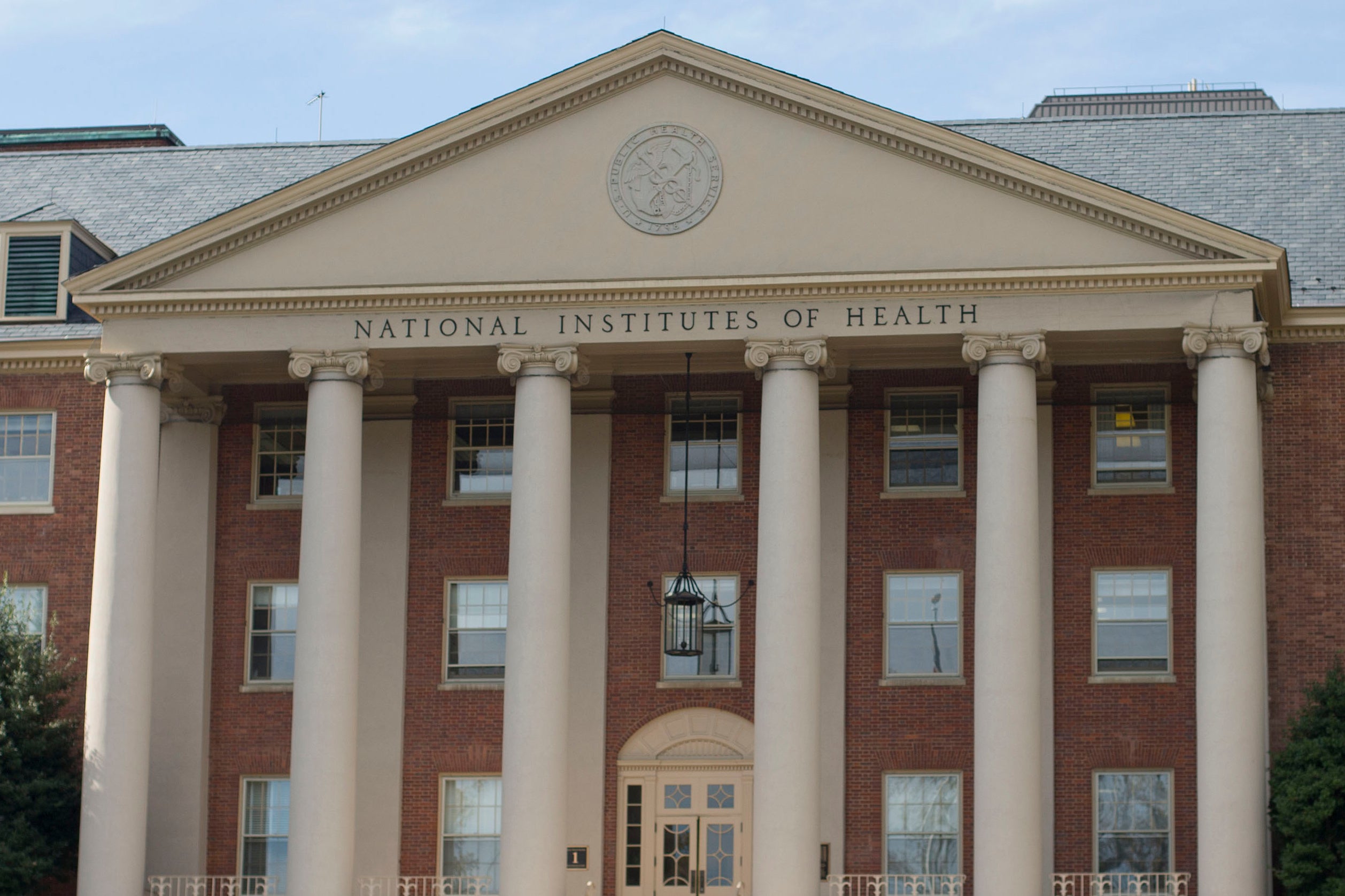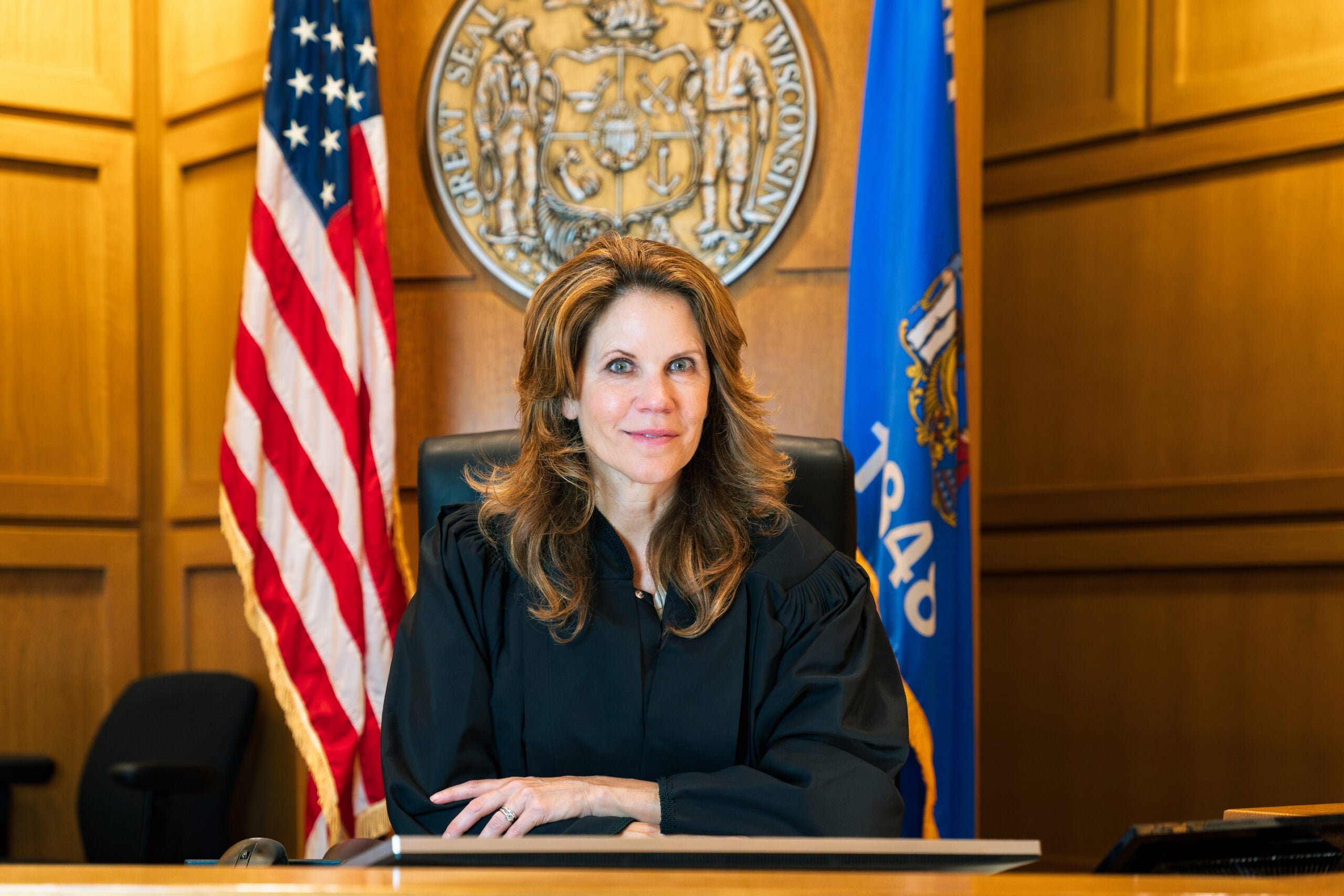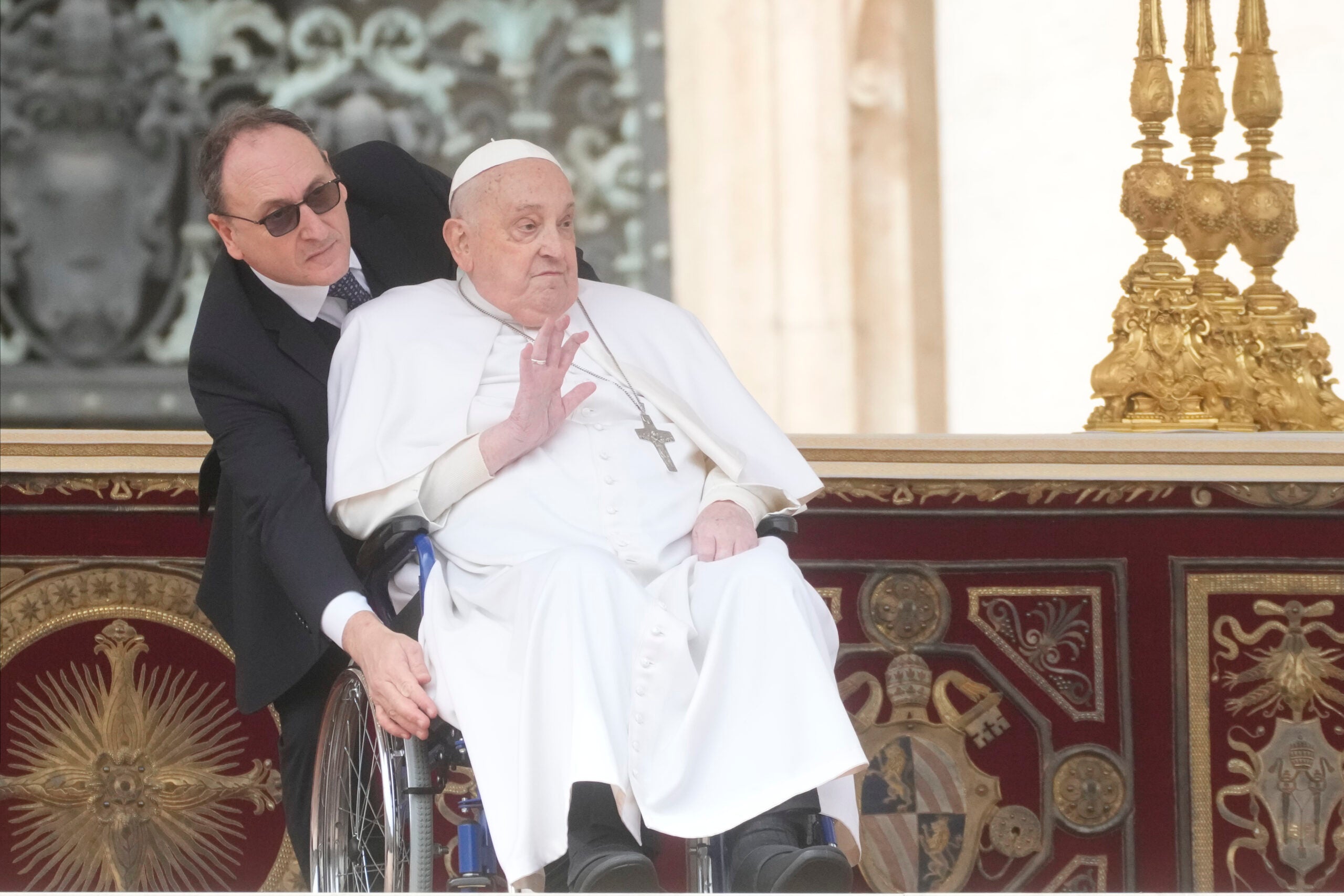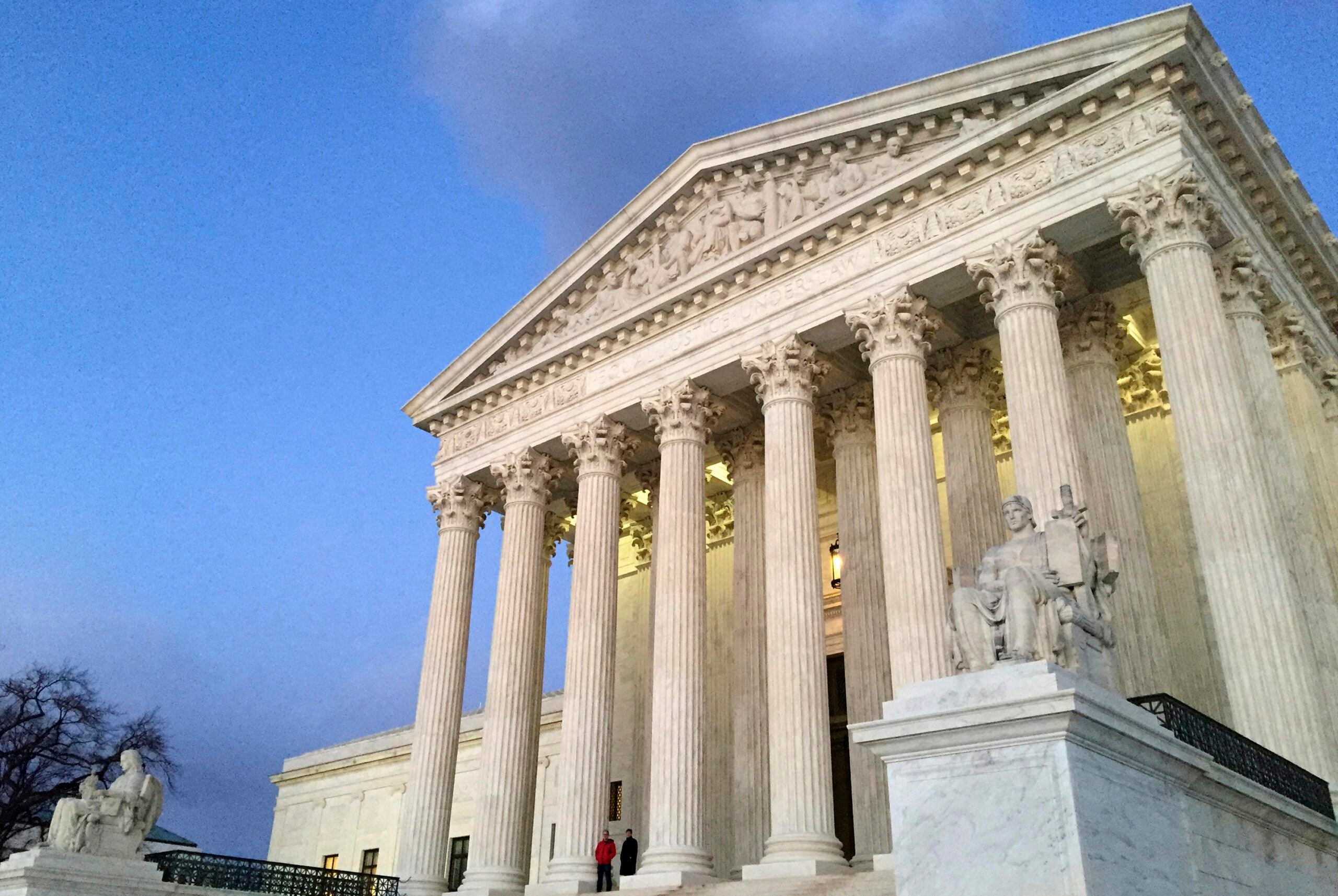Allergy season is here. A science writer shares some surprising facts on allergies. Veronica Rueckert and Rob Ferrett also check in on the latest announcements out of the U.S. Supreme Court and talk with a CIA veteran about the life of a spymaster.
Featured in this Show
-
Read A Roundup Of Supreme Court Cases Making News — Including A Wisconsin One
The U.S. Supreme Court has several decisions to make before the end of June and on Monday morning, the court made announcements about several cases, including one from Wisconsin.
Here’s a roundup of what some of the bigger cases the court has been addressing are about, according to New York Times Supreme Court reporter Adam Liptak:
Using Churches For Public School Graduation.
The Supreme Court said it would not take up a case centered on whether or not public high school graduations can take place in churches.
The U.S. Seventh Circuit Court of Appeals ruled that a graduation in an evangelical Christian church was a violation of the rights of students and families of other faiths. This case has been pending for a year, during which the Court upheld opening prayers for town hall meetings. Some thought the court would extend this decision to public schools.
When asked why the justices didn’t rule in line with their earlier decision, Liptak said, “My best guess is that Justice (Anthony) Kennedy, the swing vote, thinks that government-sanctioned religious displays are more OK when children are not involved … That probably means that neither side was sure they had his vote, and therefore they’d rather kick the can down the road.”
Liptak said the Court’s refusal to take up this case isn’t necessarily a signal about their views on separation of church and state.
“When the court turns down a case, which it does 99 percent of the time, they make a point of saying it doesn’t establish a precedent, it doesn’t disclose a point of view, so I wouldn’t read very much into the fact that they turned this down,” Liptak said.
Liptak said, however, that he thinks this is a court that has “a receptiveness to some religion in government settings.”
The court ruled that people who buy guns have to report when they are purchasing them for other people.
Liptak said on the one hand, this case seems fairly straightforward: Federal law says people have to disclose when they’re buying a firearm for someone else.
“What was a little bit surprising is that this statutory interpretation case divided 5-4 along the classic lines of Kennedy plus the four more liberal justices in the majority and the four more conservative justices in dissent,” he said. “You see that more often in big controversial, Constitutional cases. Where it’s just a matter of interpreting the words of a statute, you don’t see as many of these kinds of 5-4s.”
Challenging Laws That Prohibit False Campaign Statements
The Supreme Court allowed an anti-abortion group’s challenge to an Ohio law banning false campaign statements to go to court. This particular case is centered not on the constitutionality of the Ohio law, but on whether or not the group involved suffered a direct-enough injury to sue. The case will go back to the lower courts, and there will likely be a trial.
Liptak said he doesn’t necessarily think this case will come back to the Supreme Court.
“I think this is a court, judging by its earlier decisions, that is not comfortable with laws that make it a crime to speak in a political campaign,” said Liptak. “So, if the lower court were to strike down the law, I don’t know that it goes back to the Supreme Court.”
Argentina Paying Bond Holders.
On Monday, the court announced it would deny Argentina’s appeal of a decision mandating it to pay holders on bonds on which it had defaulted.
Liptak called this a “financially very important case.”
The court is also expected to make another announcement Thursday morning regarding a case that’s attracted a lot of attention: the so-called “Hobby Lobby case,” in which the craft giant is challenging government-mandated contraception coverage.
Liptak said he thinks that the court will likely say two things in the case.
“First of all, that at least some closely-held corporations that say they want to operate on a religious basis do have religious liberty rights, and then it probably goes on to say — I would guess by a 5-4 majority — that those rights were violated by a law that would force companies to provide contraceptive coverage to women where those companies contend that at least some of the drugs and devices involved are tantamount to abortion,” he said.
-
Latest News From the Supreme Court, Including In A Wisconsin Case
On Monday the United States Supreme Court made several announcements, including one pertaining to a case on holding high school graduation in an Evangelical church in Wisconsin. The New York Times’ Supreme Court reporter gives an overview of the announcements and discusses what might be next to come out of the Court.
-
Surprising Facts For Allergy Season
Spring allergy season is in full swing in Wisconsin. A science reporter shares surprising new findings from the world of allergy research.
-
An American Spymaster Shares Stories From A 32-Year Career At The C.I.A.
Jack Devine spent 32 years working in covert operations for the CIA. He shares some stories from his time there, and talks about why spycraft should remain an integral part of the agency’s mission.
Episode Credits
- Rob Ferrett Host
- Veronica Rueckert Host
- Amanda Magnus Producer
- Chris Malina Producer
- Adam Liptak Guest
- Maggie Koerth-Baker Guest
- Jack Devine Guest
Wisconsin Public Radio, © Copyright 2026, Board of Regents of the University of Wisconsin System and Wisconsin Educational Communications Board.




